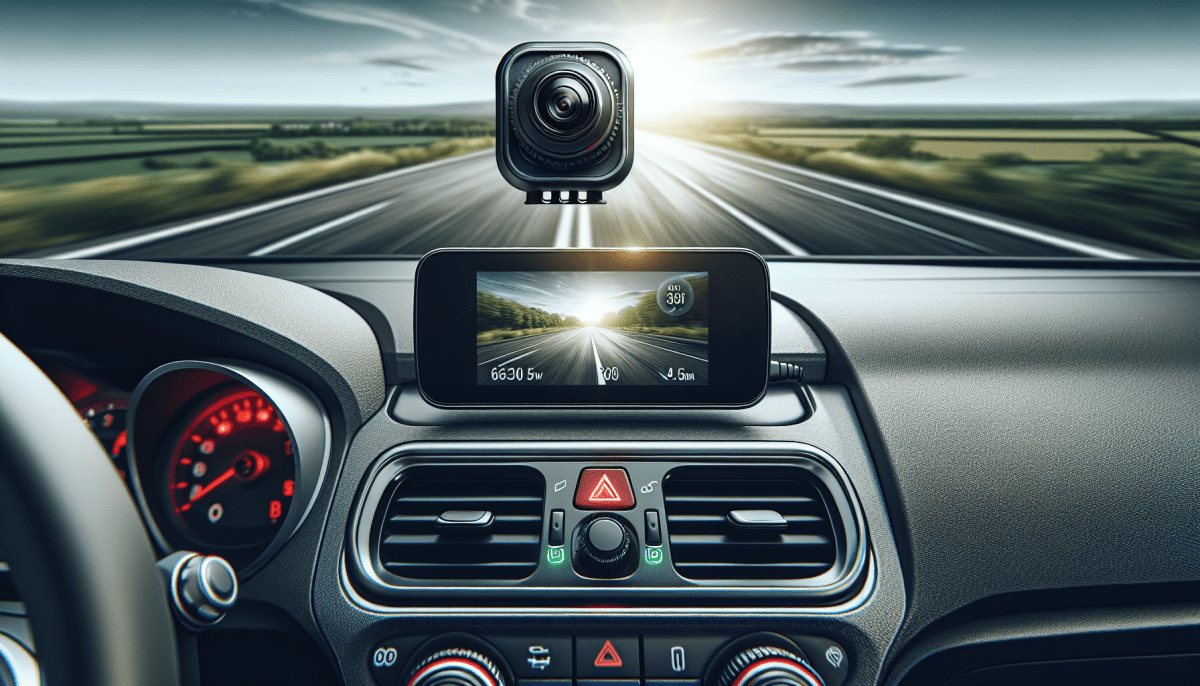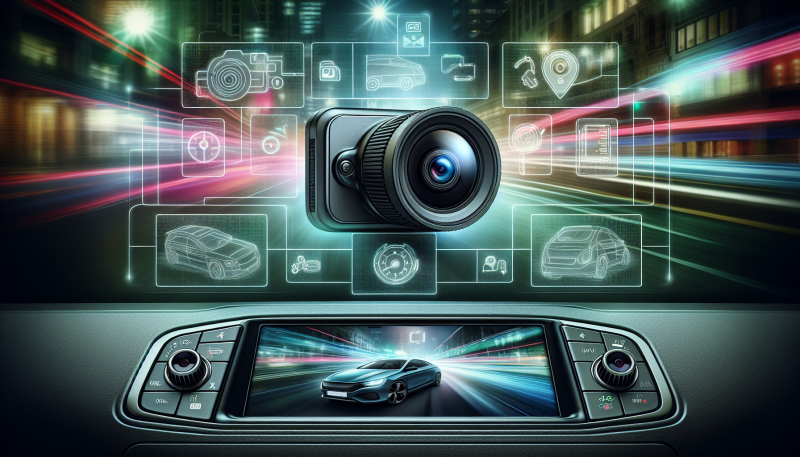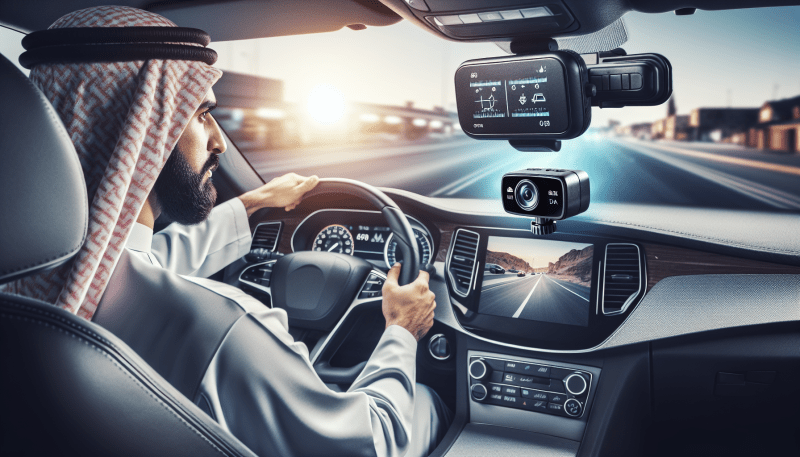Another advantage of dash cams is their ability to deter fraud and irresponsible behavior on the road. Knowing that they are being recorded may discourage aggressive driving, road rage, or even staged accidents. This added level of accountability can lead to safer driving habits for everyone on the road. Moreover, a dash cam can also serve as a useful log of your driving behavior, helping you become a more aware and responsible driver.
In addition to accident documentation, many dash cams come with advanced features like GPS tracking and loop recording. GPS tracking allows you to log your routes and speeds, which can be beneficial for various purposes, such as keeping track of business mileage or enhancing personal safety. Loop recording ensures that you never miss an important moment, as your dash cam will continuously overwrite old footage once the storage is full. This feature means that your dash cam is always ready to capture whatever happens on the road.
Lastly, dash cams can enhance your overall peace of mind while driving. Knowing that you have a reliable eyewitness recording your journeys can be reassuring, especially during long road trips or in unfamiliar areas. Some dash cams also come with parking mode features, which monitor your vehicle even when it’s parked, providing protection against theft or vandalism. In a world where unexpected incidents can occur at any moment, having a dash cam gives you an extra layer of protection.
Choosing the Right Dash Cam
Another important aspect to consider is the field of view. The field of view determines how much of the road your dash cam can see. A wider angle means more coverage, reducing blind spots in your recordings. Look for dash cams with a field of view between 120 to 180 degrees for optimal coverage. Additionally, consider models with a front and rear camera option for complete protection on the road.
Don’t forget about storage! Most dash cams use microSD cards to store footage, and you’ll want to ensure that you can easily access and manage this storage. Look for dash cams that support large capacity microSD cards, ideally up to 128GB or more. Some models even offer loop recording, which means they will automatically overwrite older footage when storage is full, so you never miss a crucial moment.
Lastly, think about additional features that might suit your needs. Features like GPS for tracking your location, Wi-Fi connectivity for easy sharing, and parking mode for surveillance while your vehicle is stationary can enhance your dash cam experience. By considering these elements, you can select the dash cam that best fits your daily driving habits and provides you with peace of mind.
Tips for Safe Dash Cam Use
When it comes to using a dash cam, safety isn’t just about it capturing video; it’s also about how you manage and operate it. Here are some essential tips to ensure you’re using your dash cam safely while on the road. First and foremost, always mount your dash cam securely. A properly mounted camera reduces the risk of distractions and ensures that it captures the best footage. Follow the manufacturer's guidelines for installation, and avoid placing it in locations that could obstruct your view.
Another important tip is to ensure that your dash cam is properly charged and functioning before hitting the road. Regularly checking the camera’s battery life and storage capacity is crucial. You wouldn’t want to miss capturing an important moment due to a dead battery or full storage. Additionally, consider using a high-quality memory card designed for video recording, as cheaper alternatives might fail or degrade quickly.
While dash cams are excellent tools for documenting your travels and protecting yourself in case of disputes, remember to respect the privacy of others. Avoid filming in areas where people expect privacy, such as private properties or residential areas, to prevent potential legal issues. Familiarize yourself with local laws regarding dash cam use to ensure you’re always in compliance.
Lastly, don’t forget to periodically review the footage your dash cam captures. Not only does this help you stay informed about your driving habits, but it can also help you identify any potential issues with the camera itself. Plus, you might just capture some fun or interesting moments during your travels that are worth sharing with friends and family!
Understanding Dash Cam Laws
When considering the purchase of a dash cam, it’s essential to understand the laws surrounding their use. Dash cams can be invaluable in capturing evidence during accidents or disputes, but how and where you use them can vary significantly based on local regulations. In most places, recording audio and video while driving is generally legal, as long as you’re not infringing on anyone’s privacy rights.
In many states, the laws are clear when it comes to recording video inside your car. If you’re in a public space, you’re typically within your rights to film. However, recording audio is trickier. Some regions have strict two-party consent laws, meaning both parties must consent to being recorded. This is particularly relevant if you engage in a conversation that the camera picks up. Always check your local laws to ensure that you're not inadvertently breaking any privacy rules.
Furthermore, dash cams with built-in GPS tracking can offer additional features, such as speed recording or location tagging. While these features can enhance the functionality of your dash cam, you should be aware of how this data might be used. For instance, some jurisdictions have specific regulations regarding data storage and sharing, especially if the information could be considered sensitive.
Lastly, it's good practice to inform your passengers that they are being recorded, even if your state doesn’t legally require it. Transparency fosters trust and helps avoid misunderstandings. By knowing and abiding by dash cam laws, you can ensure that you're using your device effectively and responsibly, providing peace of mind while you’re on the road.



